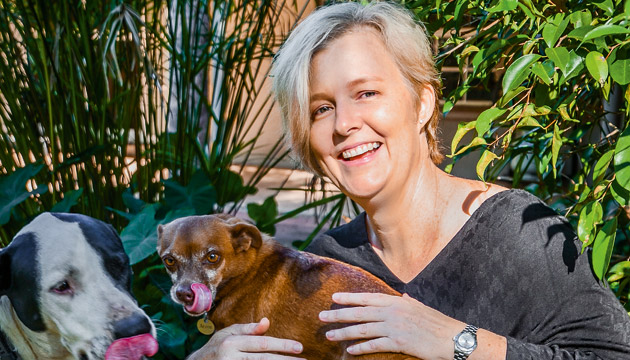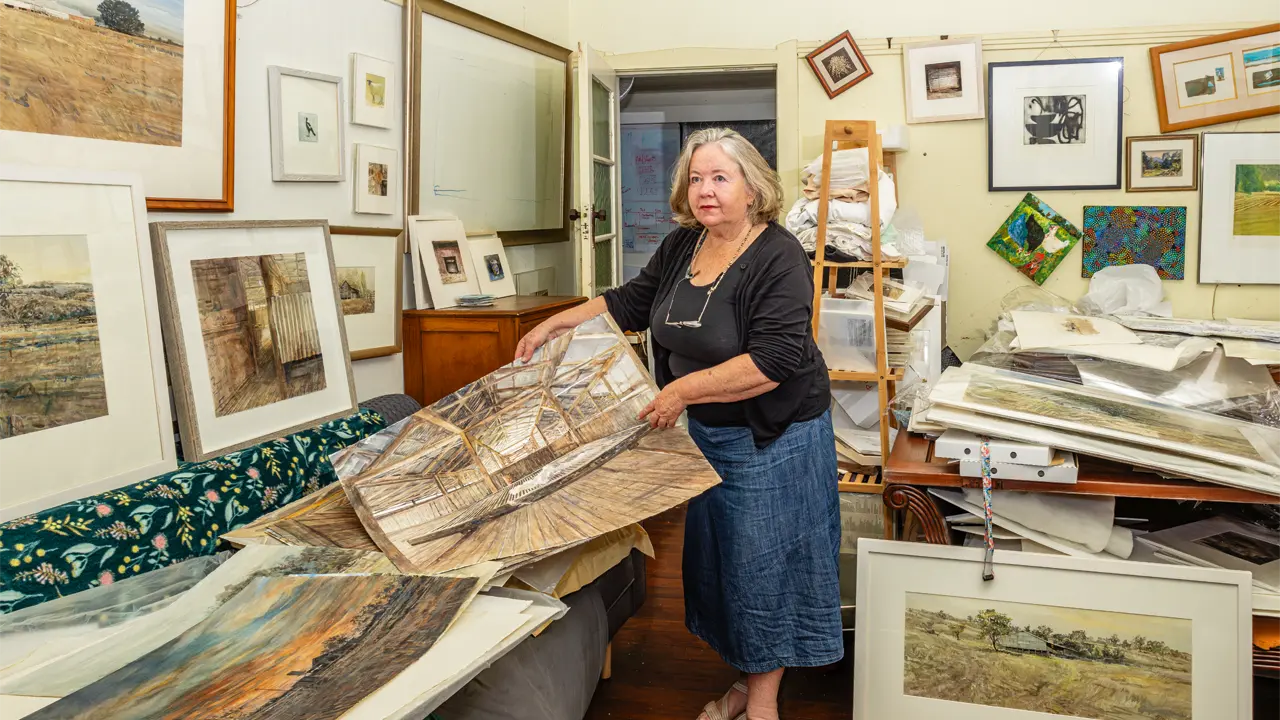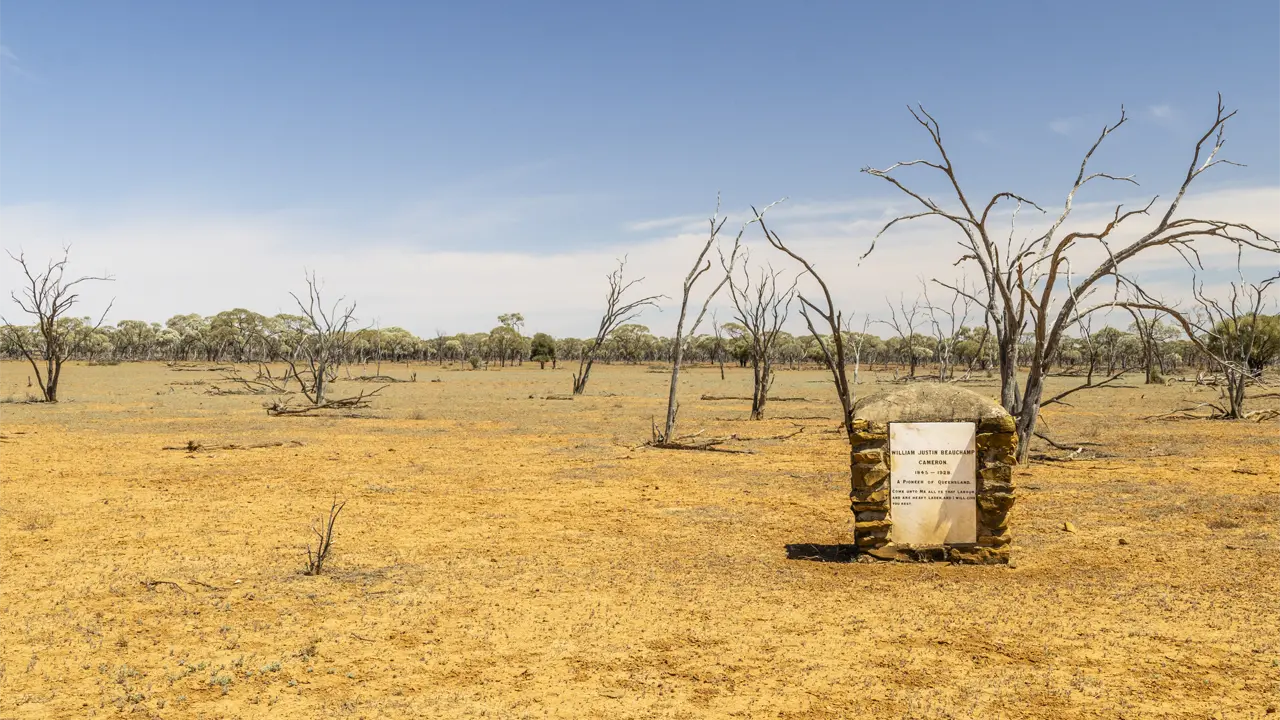Kate Peake has a passion for preserving the precious groundwater that underpins Darwin and its surrounding rural areas.
Story and photos Kerry Sharp
Kate Peake grew up in a house powered by the boundless Top End sunshine and played in a 320-hectare natural bush backyard zoned for wildlife and environmental conservation. Her idyllic childhood flowed from her parents’ decision in the 1970s to sign up with other eco-friendly visionaries to build a unique solar village at Humpty Doo, near Darwin. It shaped the way she lives, works and thinks today.
“Life was pretty special there,” says Kate, who was named the Northern Territory’s 2017 RIRDC Rural Woman of the Year in March. “I loved it largely for its natural bush setting but also because we were part of this larger group of village personalities all sharing an underlying philosophy of sustainable living. There was a strong communal element to how we lived.”
Kate is the Darwin-based CEO of Regional Development Australia NT, a government-backed not-for-profit organisation working closely with wide-ranging service delivery and industry agencies to help drive the Territory’s future growth. She’s also an Northern Territory Farmers Association board member and sits on two rural water advisory committees. She’s widely respected across diverse sectors as a stand-out campaigner for sustainable regional development – and especially groundwater management, which is her passion and top priority.
Kate and her parents, Owen and Helen Peake, left the solar village and moved back into Darwin when she was 18. Kate never got used to city life. She stayed long enough to complete an anthropology degree – then headed back to a Humpty Doo block, where she’s spent the past six years planting 2000 native trees nurtured from seed, to rehabilitate 1.6 cleared hectares. “I was never interested in gardening ’til I started hanging around horticulturalists, and their influence has apparently rubbed off,” Kate says. “I started off with an open paddock needing regular mowing. Now there’s an emerging piece of nicely vegetated bush full of birds, lizards and frogs.”
Kate and her adopted pound dogs, Zed and Kevin, recently moved to her own 5.2ha block in Virginia, where they’ll live in a demountable until she builds a house. She says her parents took about a decade to finish their solar village house because they both worked full-time and could only spare weekends. “I think my house will take even longer! The block includes a large area of paperbark swamp and I plan to extend the house out into the seasonal lagoon like a jetty. Friends think I’m mad. They could be right, but I know when it’s finished they’ll be envious!”
In 2009, Kate became executive officer of the Northern Territory Horticultural Association, a forerunner to the more broadly inclusive NT Farmers, which she helped set up. “It was a brave appointment, seeing as I was almost totally ignorant of the primary industry sector at the time,” she says. “But what I learnt from that job had a big impact on my views and how I tackle things today, especially on groundwater and other critical issues affecting the rural community. I got to know many incredible long-standing local growers and the hurdles they face. I quickly became conscious of how much we depended on groundwater up here, compared with rural dwellers elsewhere in Australia – and this presents its own specific challenges.”
Kate believes effective water management is now the single biggest factor underpinning the Northern Territory’s future development. It’s also one of the most worrying, she says. “With more and more people wanting to live in the Darwin rural area, alongside the established horticultural operations, the pressure on our finite groundwater supply is approaching crisis point. The number of bores out here has grown dramatically – from less than 100 back in the 1960s when horticulture ventures were just starting to emerge, to almost 5000 today – and they’re having an enormous impact on our water resource.”
This story excerpt is from Issue #114
Outback Magazine: August/September 2017









